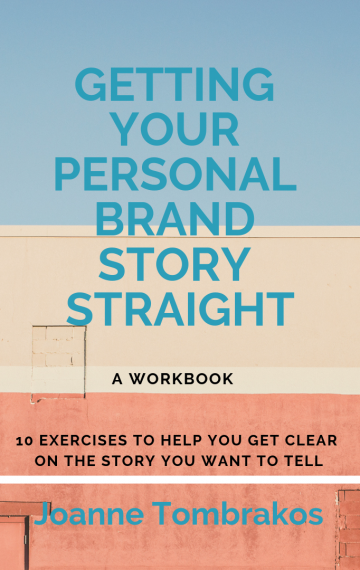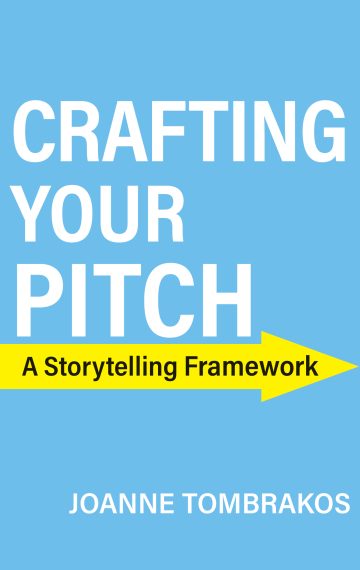Over the holidays, I got an email from a student who had taken my Social Media and the Brand course in the Fall. Because social media intersects every aspect of our lives as marketers and individuals and the norms change on a daily basis, it’s a class that lends itself to vibrant discussion.
This student was a particularly active participant, always willing to challenge me and my perspective, which I welcome and encourage from my students. As long as an argument can be backed up by reason and fact, I am willing to listen. More than once, a student has changed my viewpoint—or at least opened me up to seeing things through a different lens.
The subject of his note started with him telling me he often disagreed with how I viewed X(Twitter). That did not surprise me. I knew that already from our discussions. He was not alone. I have many students who are fans of both the platform and Musk, and I am not. As someone who was an early Twitter adopter and once considered it my favorite social network, my opinion of both has been on a steady decline since the day Musk bought it.
But what did surprise me was that he was writing to tell me he had been wrong. It was the H-1B visa debate between Elon Musk and Vivek Ramaswamy and Trump supporters that consumed X for a few days in December that did it for him. He witnessed in real-time what could happen as a result of the lack of content moderation and accountability. In this case, it had resulted in targeted hate and racism towards groups of what he considered honest and hardworking individuals. It affected him personally.
It takes a lot for someone not only to admit they were in his words “wrong” but to take the time to let the other person know and I commended him for it. As I wrote back to him, the truth is he was not “wrong.” He had information – he just hadn’t had enough information until that point that allowed him to see another side. He had been looking at the topic through a singular lens and had been holding on to that view. While my job is to open his eyes to the idea there is more than one way to look at something, I had not yet succeeded. Like any information source these days I too compete with an individual’s social media feed.
That may sound absurd that at a time when we all have access to more information every minute of every day than we ever did before that we seem to have less perspective. But that is a direct result of the bubbles we create in our choices of who to follow on our favorite social media platforms combined with algorithms designed by billionaire-led companies whose primary goal is to make money, not the accurate spread of information.
Often it is not until we witness something that personally affects us or we have experienced it ourselves that the light goes on.
There are many people at this very moment who are “surprised” at what the newly elected president of the United States is doing in his first week of office. They are surprised he wants to buy Greenland and that he is stopping the information flow to US citizens from the CDC. They are shocked that the US Constitution has been replaced on the official White House website with a list of Executive Orders.
The thing is they didn’t seek information before they voted. They just took in whatever showed up in their feeds whether it was from a reputable source or someone pretending to be one. They either didn’t take the time to read Project 2025 or believed the then-candidate when he disavowed knowing anything about it. They chose to live in the comfort of their insular social media bubbles, seeing only what Zuckerberg’s Meta platforms, X, or TikTok served up to them.
I don’t anticipate that anything is going to change anytime soon. Meta has decided content moderation causes too much money, yet there are already reports that they’re shadow banning accounts including @heyjanehealth and @plancpills which are sources of women’s reproductive health information. Note to @Zuck – shadow banning is a form of content moderation that is arguably censorship. Platforms use it to block or partially block a user’s content. In this case, it could be argued Meta is censoring accounts that offer women reproductive health information.
The thing is – eventually the truth does rise to the surface. It may be in six months when the realization that trying to change the name of the Gulf of Mexico to the Gulf of America or threatening to invade Canada will not bring down the price of eggs or overall grocery bills. It may be next week or next year. But it will happen. Seeking information from more than one source and vetting that source is a step in the right direction however for many it may not be until as happened to my student, it hits home personally.
This article was originally posted on Does that make sense? on Substack. Subscribe here for free.



Leave a Reply